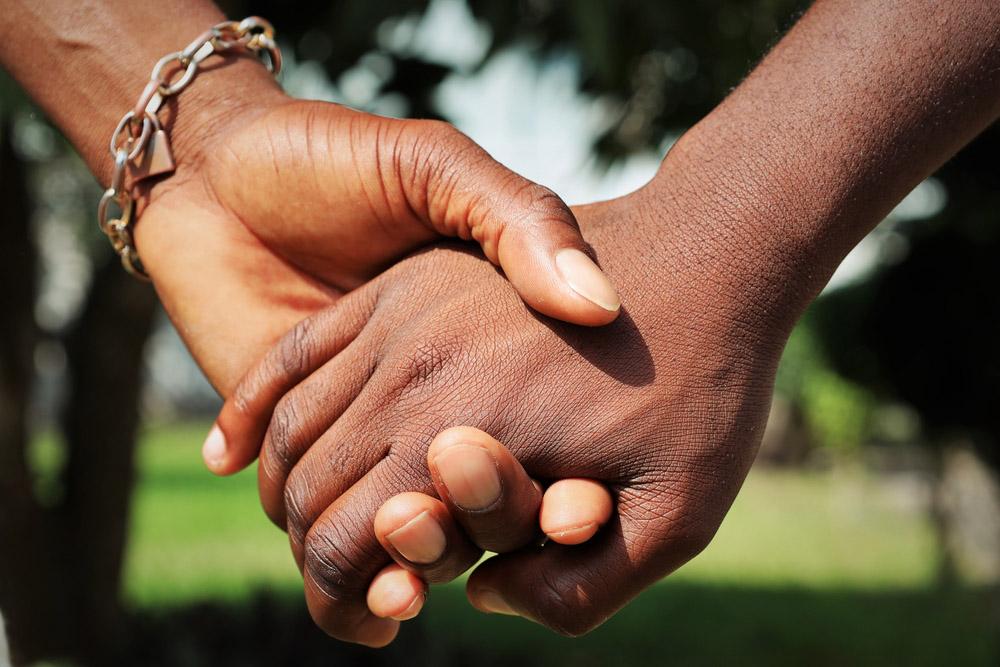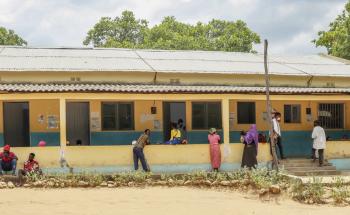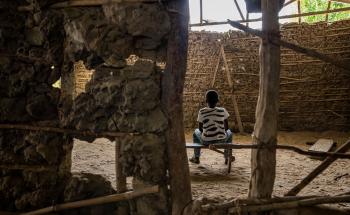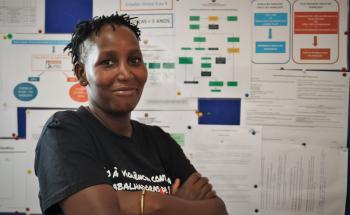“As we commemorate International Day Against Homophobia, Biphobia, and Transphobia (IDAHOBIT) on 17 May, we take this opportunity to highlight the importance of ensuring that everybody has access to healthcare, regardless of their sexual orientation and gender identity.
In Beira, central Mozambique, Doctors Without Borders (MSF) has been working together with the Ministry of Health (MISAU), the police department, and communities to ensure that key and vulnerable populations face no barriers, discrimination, stigma, or challenges in accessing healthcare services. We are working with population groups with a higher risk of HIV infection and transmission compared to the general population, especially with men who have sex with men (MSM), trans women, and sex workers.
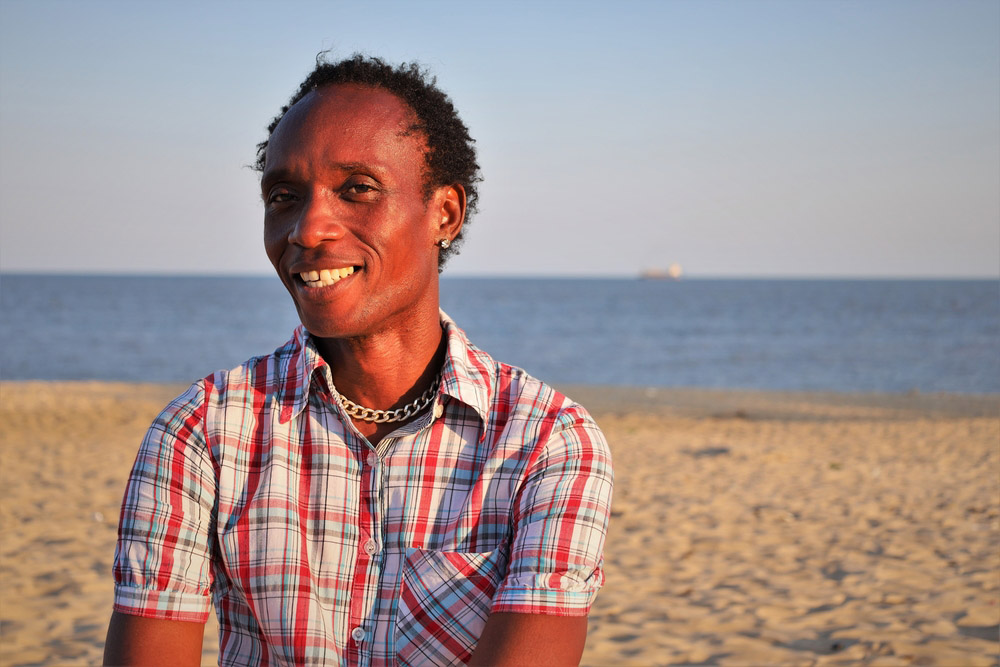
Since 2016, MSF has reached over 3,000 MSM and 60 trans women through multiple specific activities led by peer educators within the community to support, identify, and refer people in need of healthcare services. MSF is also conducting community clinics to treat and prevent HIV, distributing condoms and lubricants, and conducting a mentorship programme targeting healthcare staff to assist in implementing the national key population-friendly guidelines for LGBTQI people.
Mozambique is an example to the region and in Africa for decriminalizing relations between people of the same gender and for promoting their inclusion in healthcare services, although some challenges persist for minority groups in accessing healthcare. To prevent and respond to HIV, it is essential to ensure that everybody is included - Together always: united in diversity”.
*Key population: Population groups with higher risk of HIV infection and transmission compared to the general population, which includes MSM, trans women, sex workers, people who inject drugs, and prisoners.
